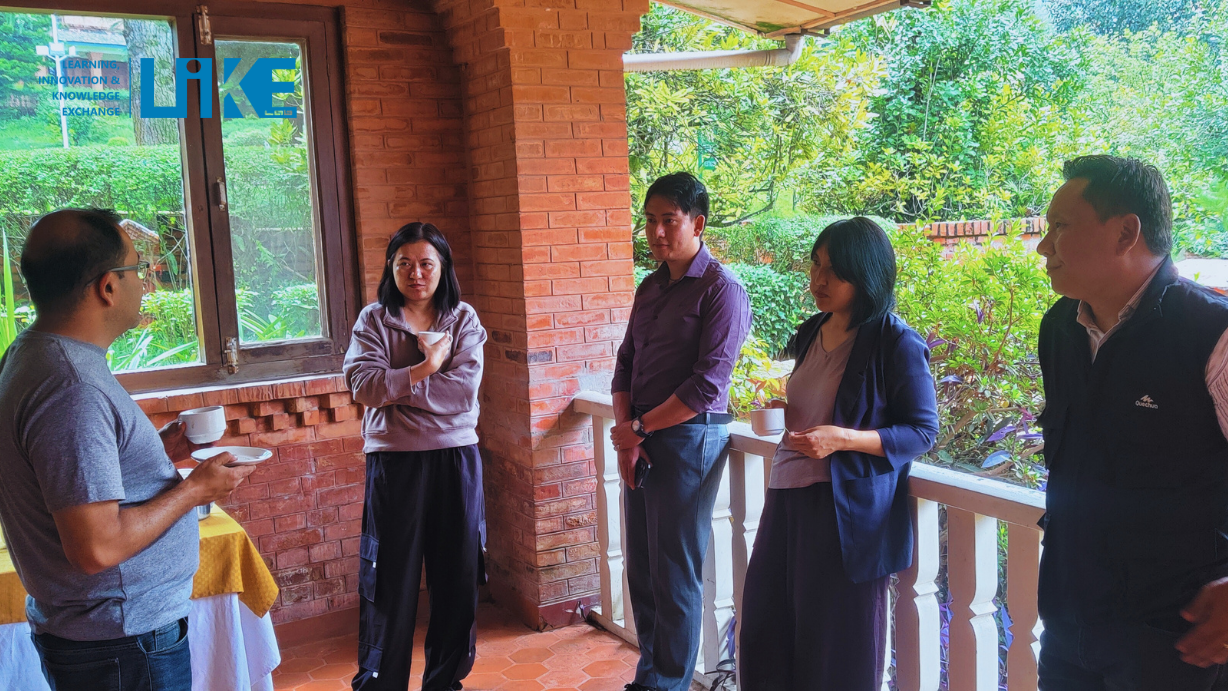During the Researchers Meet held from August 25-30, 2024, Samtse College of Education was a central participant in this crucial milestone of the project “Promoting Gender Equality and Social Inclusion (GESI) in Schools, Building on What Children Value and Aspire to Do and Be.” Hosted at Godavari Village Resort by Kathmandu University School of Arts, this three-year collaborative project involves Kathmandu University, RDRS in Bangladesh, and Samtse College of Education in Bhutan. The project is supported by the International Development Research Center (IDRC) and the Global Partnership for Education Knowledge and Innovation Exchange (GPE KIX).

The primary objective of the meet was to discuss the first phase of the project and to foster collaboration among the three partner countries focused on educational research in Gender Equality and Social Inclusion (GESI). The event provided a valuable forum for exchanging ideas and sharing experiences to enhance the implementation of GESI initiatives in educational settings. Highlights of the meeting included sessions dedicated to developing the Scaling and Monitoring, Evaluation, and Learning (MEL) plan, crafting policy briefs and conducting a GESI situational analysis of selected schools across the three participating countries.

The Meet saw the participation of 11 researchers: 5 from Kathmandu University, 3 from RDRS in Bangladesh, and 3 from Samtse College of Education in Bhutan. Karma Gyaphel from Samtse College of Education remarked, “Meeting our partners in person was incredibly valuable. It not only strengthened our collaboration but also provided us with a clearer understanding of each other’s contexts and challenges. This face-to-face interaction makes advancing the project much smoother and more effective.”
The Meet highlighted Samtse College of Education’s pivotal role in advancing the project’s objectives. By fostering a collaborative network and integrating gender equality and social inclusion into educational practices, the event demonstrated the significant contributions of all participating institutions and set the stage for continued progress in the project’s implementation.
